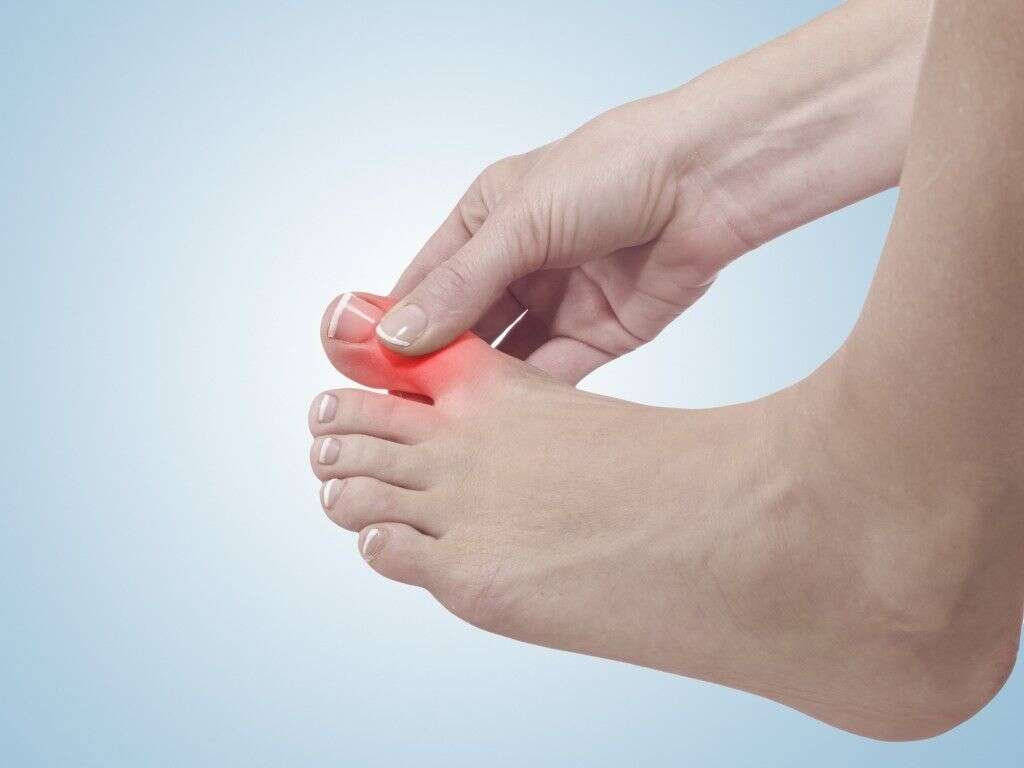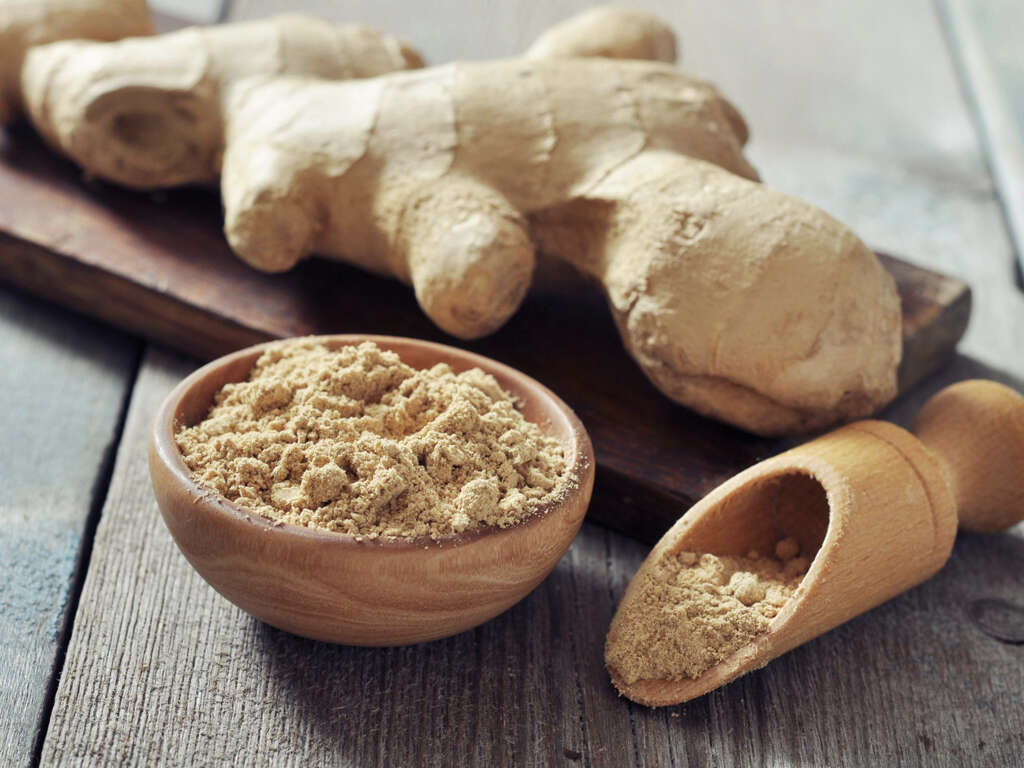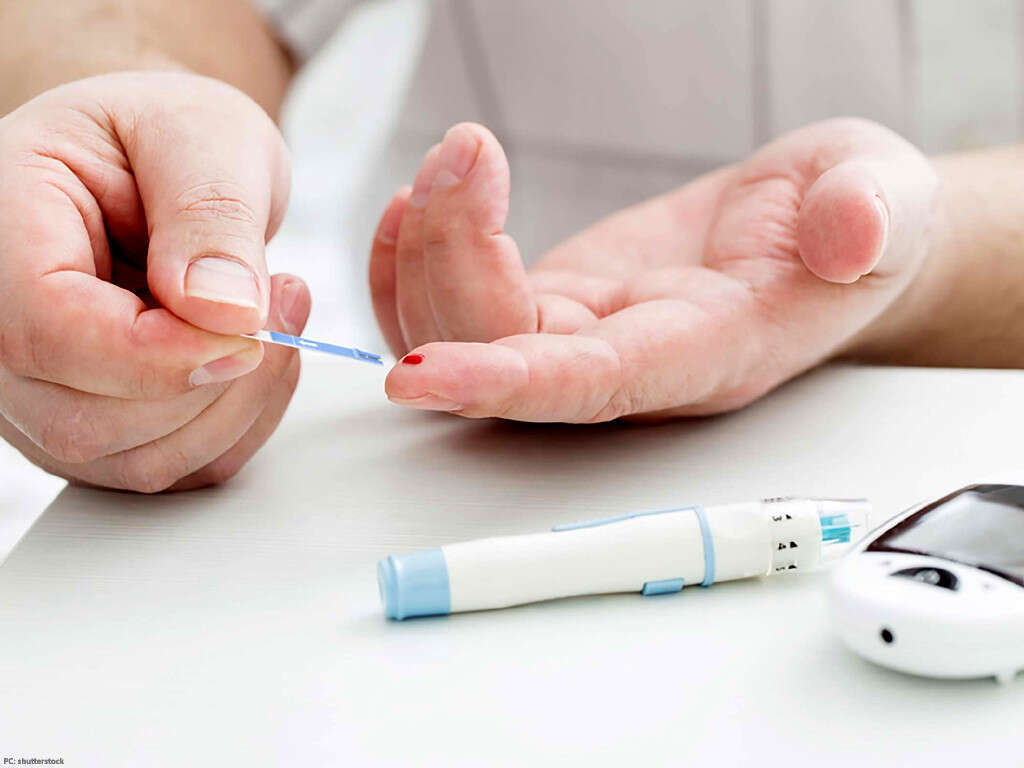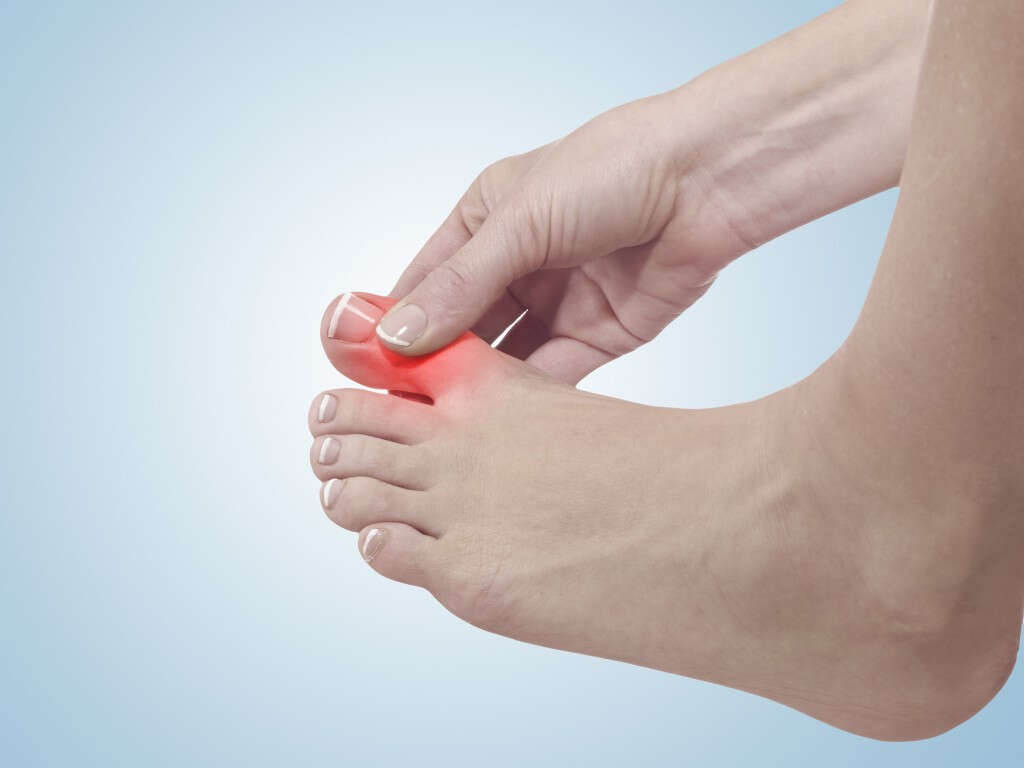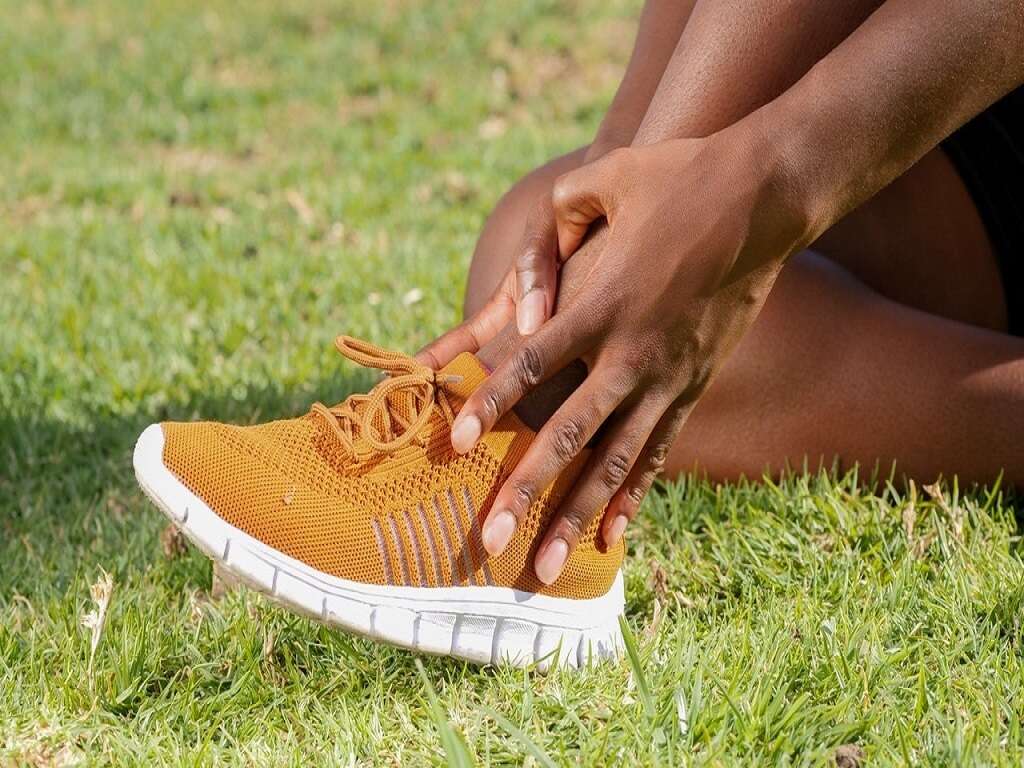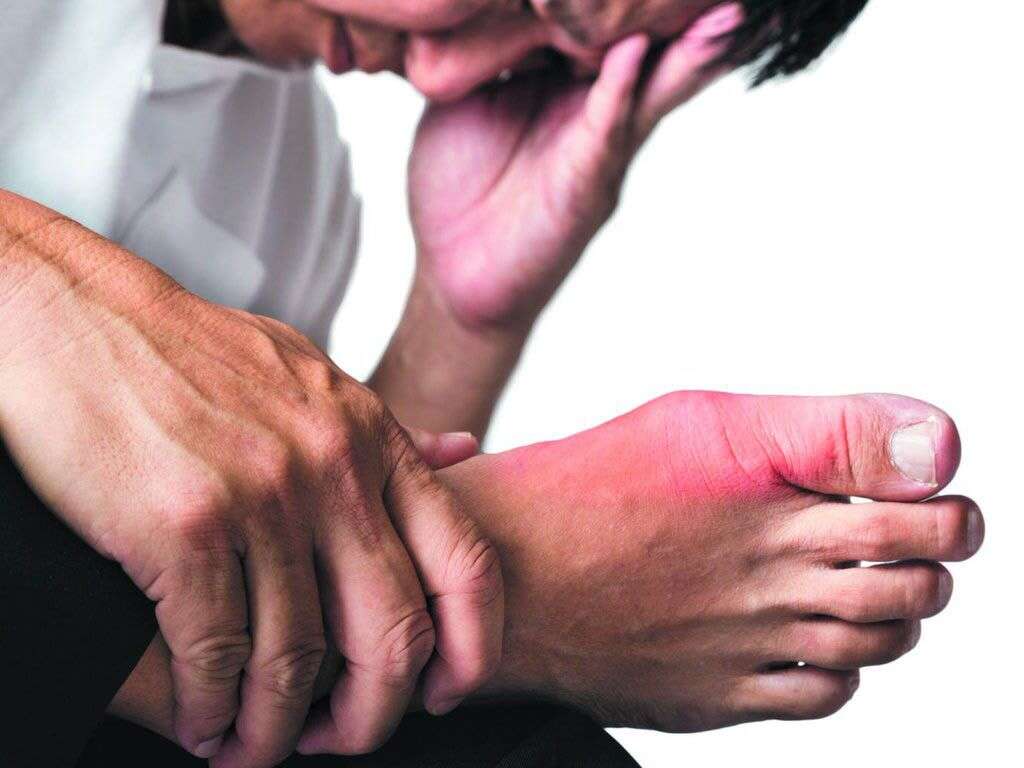10 Elephantiasis Symptoms
 Article Sources
Article Sources
- 1. 'Elephantiasis.' Healthdirect, Healthdirect Australia, www.healthdirect.gov.au/elephantiasis
- 2. 'Elephantiasis.' NORD (National Organization for Rare Disorders), 21 Nov. 2019, rarediseases.org/rare-diseases/elephantiasis/
- 3. Bano, Shahina, et al. 'Elephantiasis Neuromatosa of the Lower Limb in a Patient with Neurofibromatosis Type-1: A Case Report with Imaging Findings.' Journal of Pediatric Neurosciences, Medknow Publications, Jan. 2010, www.ncbi.nlm.nih.gov/pmc/articles/PMC2964801/
- 4. Van Kruiningen HJ;Tonelli. 'Elephantiasis and the Origins of Chronic Bowel Damage in Crohn's Disease.' Clinical Gastroenterology and Hepatology : the Official Clinical Practice Journal of the American Gastroenterological Association, U.S. National Library of Medicine, pubmed.ncbi.nlm.nih.gov/31100451/
Elephantiasis is characterized by enlarged limbs, swollen genitals and thickened skin with deep skin folds. This debilitating condition affects 40 million people worldwide, mainly within poorer countries with unsanitary conditions and limited access to health care.1‘Elephantiasis.’ Healthdirect, Healthdirect Australia, www.healthdirect.gov.au/elephantiasis
Elephantiasis is caused by an obstruction in the lymphatic system. The lymph glands drain excess fluid from the body, and if they're not functioning at an optimal level, an accumulation of fluids occurs. This may lead to lymphedema and eventually progress into elephantiasis if not addressed. The most common cause of blockages is a parasitic disease spread via mosquito bites.
Swelling of the Legs
People who have elephantiasis commonly experience swelling of the legs. The body's lymphatic system is responsible for draining excess fluid from blood vessels, so any damage to the lymphatic network may cause the legs to become enlarged.
The lymphatic vessels are found throughout the body, but the more mobile areas have chains of lymph nodes. Those with elephantiasis typically experience more swelling in the lower extremities, one of the body's most active areas. The swelling tends to start off as mild edema and transition to elephantiasis if it's not dealt with by a health care practitioner.
Swelling in the Arms
The limbs are the most mobile areas on the human body. If elephantiasis develops, the limbs may swell to several times their normal size and resemble the tree-trunk appearance of an elephant's leg.2‘Elephantiasis.’ NORD (National Organization for Rare Disorders), 21 Nov. 2019, rarediseases.org/rare-diseases/elephantiasis/ The severe swelling may lead to issues with mobility.
The armpit contains a cluster of lymph nodes responsible for filtering excess fluid from the back, head and neck area. If an obstruction to the lymphatic system develops, this major area of lymphatic drainage may be affected.

Swelling of the Genital Area
Another area on the human body affected by elephantiasis is the genital region. When the inguinal lymph nodes in the groin become swollen and chronic lymphatic obstruction develops, genital elephantiasis may occur.
Most elephantiasis cases stem from a tropical disease left untreated. These infections adversely affect the lymphatic system, which may then develop into elephantiasis. However, genital-related elephantiasis may also be caused by sexually transmitted infections, skin infections and cancer.2‘Elephantiasis.’ NORD (National Organization for Rare Disorders), 21 Nov. 2019, rarediseases.org/rare-diseases/elephantiasis/
Weak Immune System
Elephantiasis also affects the kidneys, which are responsible for helping to remove excess waste from the body. If the kidneys are impaired, they cannot remove toxins. Individuals may develop a weakened immune system due to an overload of toxins.
When the body is overloaded with toxins, fever, chills and repeated infections may result. Damage to the lymphatic system may also cause the body to work overtime, therefore weakening the immune system.

Swelling of the Breast Tissue
The accumulation of fluids in the body may cause the breast tissue to swell. It's estimated that there are between 20 and 40 axillary lymph nodes in the armpit that drain the breast region of excess fluid.
A blockage to the lymphatic system may prevent these lymph nodes from assisting in draining the breast region. This collection of fluid may cause lymphedema and progress into elephantiasis if not addressed early.
Bacterial Skin Infections
A possible complication of elephantiasis is skin infections. Many people with the condition have a compromised immune system, making it more difficult to fight off skin infections. Bacterial skin infections tend to be a common occurrence in those with elephantiasis.
People with the condition may experience a toughening of the skin with plaques and papules. The skin may also become leathery and thick, resembling the cracked hide of an elephant, and can become infected.

Eosinophilia and Large Tumors
Elephantiasis may leave the limbs with a swollen appearance, but a blood disease called eosinophilia can also develop. Eosinophilia is defined as higher than normal numbers of eosinophils, which are a type of white blood cell that fights parasitic infections. Signs of eosinophilia include shortness of breath,cough and breathing 1‘Elephantiasis.’ Healthdirect, Healthdirect Australia, www.healthdirect.gov.au/elephantiasis
When swollen legs chafe and cause the skin to break, an infection may develop. These repeated infections can result in the formation of tumors beneath hardened skin.3Bano, Shahina, et al. ‘Elephantiasis Neuromatosa of the Lower Limb in a Patient with Neurofibromatosis Type-1: A Case Report with Imaging Findings.’ Journal of Pediatric Neurosciences, Medknow Publications, Jan. 2010, www.ncbi.nlm.nih.gov/pmc/articles/PMC2964801/
Fungal Infections
Secondary infections may occur when the primary source of infection isn't dealt with properly. People with elephantiasis who have sores and broken skin may also develop a harmful fungal infection.
If the immune system is weak, the body cannot fight an invading fungus. These harmful fungi live in the environment and may enter the body through broken skin. If a person is unable to fight off the invasive fungi, they may develop chronic fungal infections.
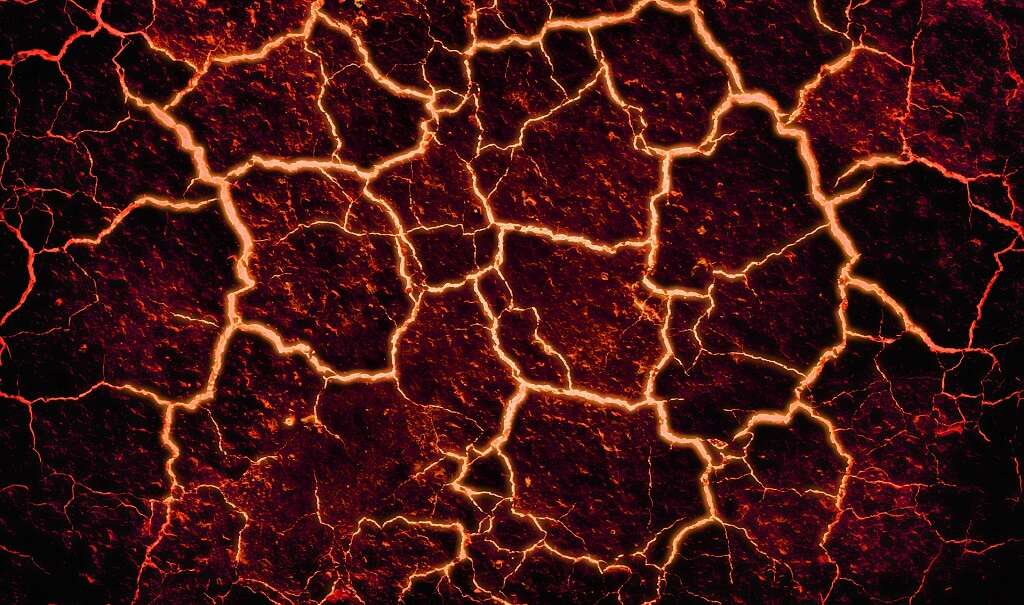
Impaired Kidney Function
Elephantiasis may lead to impaired kidney function. Known to affect the lymphatic system, elephantiasis is responsible for obstructing lymph flow. A collection of aortic lymph nodes normally drain the kidneys, and obstruction of the normal lymphatic flow can cause kidney dysfunction in some cases.
Symptoms of impaired kidney function include persistent fatigue and nausea, shortness of breath, confusion, loss of appetite and problems with urination. Impaired kidney function may occur before the visible symptoms of elephantiasis appear.
Gastrointestinal Issues
The kidneys help eliminate waste and toxins from the body. Because elephantiasis affects kidney function, researchers also looked into the possibility of damages to the gastrointestinal tract.
Poor kidney function means that toxins, water and waste are absorbed into the body. This toxicity may lead to bowel damage. Some scientists believe that impairments of the lymphatics in the gut may play a key role in Crohn's disease.4Van Kruiningen HJ;Tonelli. ‘Elephantiasis and the Origins of Chronic Bowel Damage in Crohn’s Disease.’ Clinical Gastroenterology and Hepatology : the Official Clinical Practice Journal of the American Gastroenterological Association, U.S. National Library of Medicine, pubmed.ncbi.nlm.nih.gov/31100451/ The lymphatic system works closely with the immune and the digestive systems.


